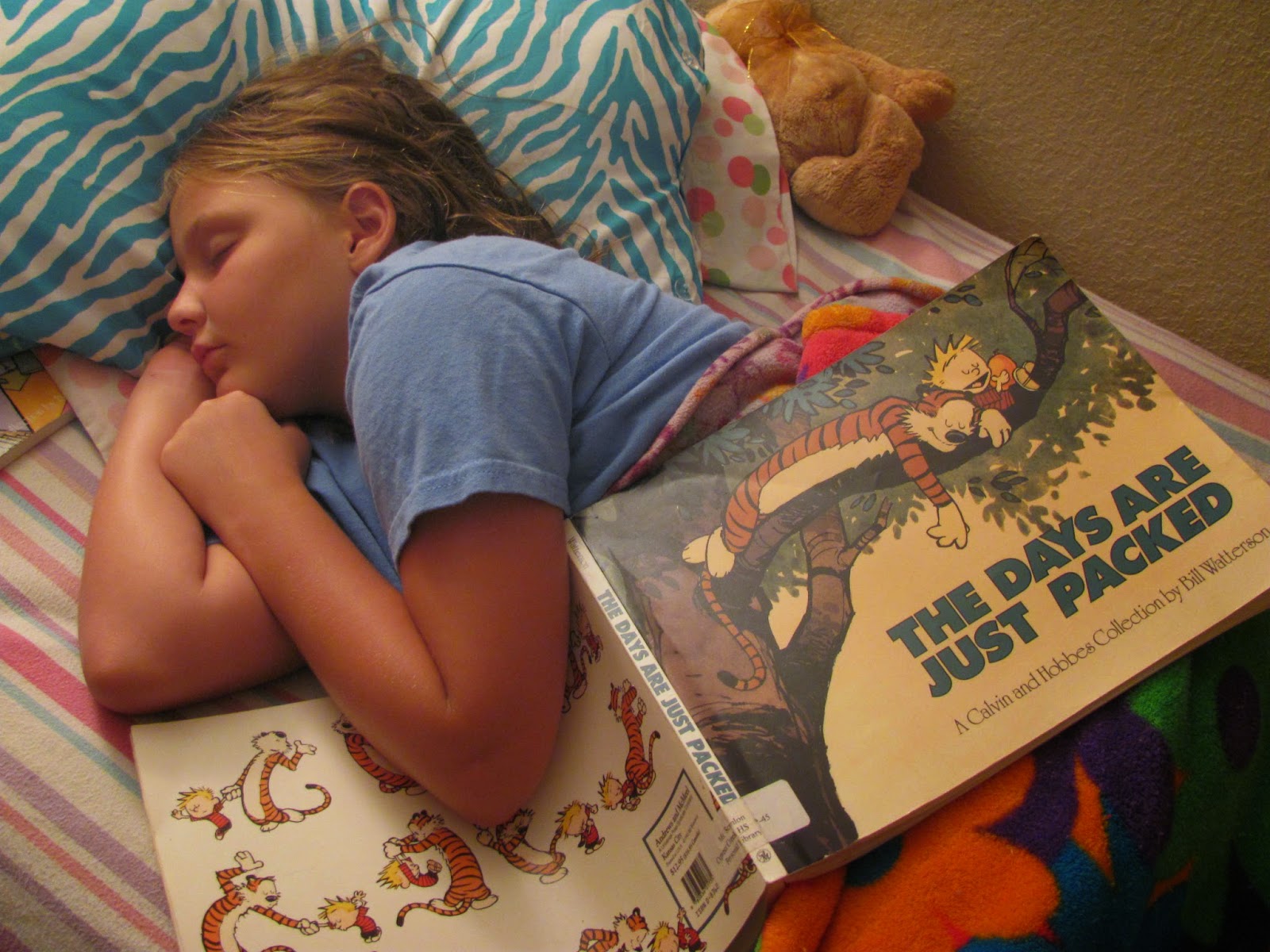 Fears, we all have them. We shouldn't live defined by them, but they do hold us back, yet they also keep us safe. I am afraid of heights, lightening, and enclosed spaces. You won't see me voluntarily climbing walls or trees, but I will if needed. You won't see me lingering outside during a lightening storm. You won't see me shouting with glee when I have to crawl through tunnels. My throat tightens up a little and my pulse races. I breathe deep and talk myself calm. I have other fears too, ones that don't cause an obvious physiological reaction. I am afraid of hurting my ACL again and afraid to do the things that I once did before. I have yet to step foot on the ultimate field. I will, I am just not ready. When confronted with new exercise or life challenge, I fear how my blood glucose will react. I can never be too prepared. This weekend I had the opportunity to face my fears. I completed the Great American Mud Run, a 5K with obstacles. It took one hour and 51 minutes. I might actually better label it my Great American Mud Walk, but I finished. I didn't hurt my knee. I didn't go too low. I didn't go around obstacles that required climbing or crawling.
Fears, we all have them. We shouldn't live defined by them, but they do hold us back, yet they also keep us safe. I am afraid of heights, lightening, and enclosed spaces. You won't see me voluntarily climbing walls or trees, but I will if needed. You won't see me lingering outside during a lightening storm. You won't see me shouting with glee when I have to crawl through tunnels. My throat tightens up a little and my pulse races. I breathe deep and talk myself calm. I have other fears too, ones that don't cause an obvious physiological reaction. I am afraid of hurting my ACL again and afraid to do the things that I once did before. I have yet to step foot on the ultimate field. I will, I am just not ready. When confronted with new exercise or life challenge, I fear how my blood glucose will react. I can never be too prepared. This weekend I had the opportunity to face my fears. I completed the Great American Mud Run, a 5K with obstacles. It took one hour and 51 minutes. I might actually better label it my Great American Mud Walk, but I finished. I didn't hurt my knee. I didn't go too low. I didn't go around obstacles that required climbing or crawling. 
The questioning and nagging doubts about my ability to complete this race began while waiting in the line for parking. I contemplated just turning around and going home. I didn't. I have done races alone before. You talk to the people around you. You push them; they push you. You can' t imagine my delight when my friend Lee Ann texted me and said that she would join me. Because it is different for me running a race alone; no one knows how to respond to a dia-mergency like my friends do. I just feel safer when I don't have to go it alone.
I negotiated several obstacles that challenged my fear of heights, low walls, a spider climb, and 3 story ladder and slide. My strategy for successfully scaling them was to never look down. In fact, the adrenaline kicks in when I begin to contemplate the getting down. What helped me down was the words of advice and the cheers of encouragement from random strangers. Helping words and positive encouragement go far when someone is stuck in a hard place, farther than you think. This weekend they helped me over the spider wall.
Participating in the Great American Mud Walk was the most fun that I have had in 2014, a sheer in the moment joy. I don't know if my exhilaration came from the satisfaction of completing the event or my knowledge that we are stronger than we think we are. We are stronger than our fears.






